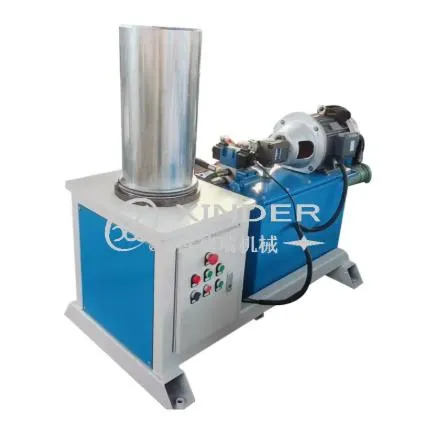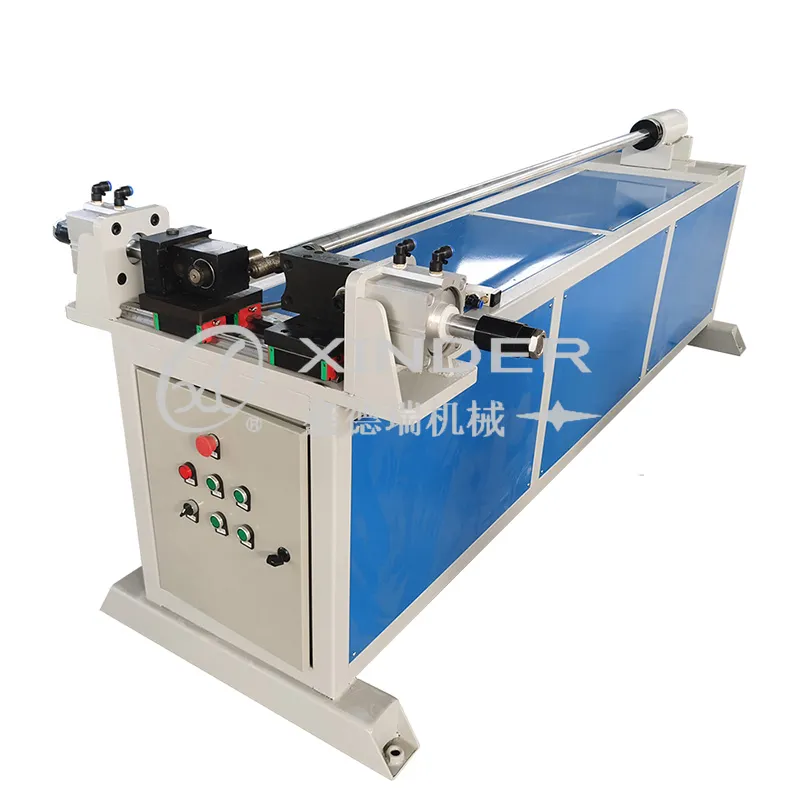-
 8613931787312
8613931787312 -
 Botou Industrial Zone on the east side of National Highway 104, Botou City, Hebei Province
Botou Industrial Zone on the east side of National Highway 104, Botou City, Hebei Province
- Afrikaans
- Albanian
- Amharic
- Arabic
- Armenian
- Azerbaijani
- Basque
- Belarusian
- Bengali
- Bosnian
- Bulgarian
- Catalan
- Cebuano
- Corsican
- Croatian
- Czech
- Danish
- Dutch
- English
- Esperanto
- Estonian
- Finnish
- French
- Frisian
- Galician
- Georgian
- German
- Greek
- Gujarati
- haitian_creole
- hausa
- hawaiian
- Hebrew
- Hindi
- Miao
- Hungarian
- Icelandic
- igbo
- Indonesian
- irish
- Italian
- Japanese
- Javanese
- Kannada
- kazakh
- Khmer
- Rwandese
- Korean
- Kurdish
- Kyrgyz
- Lao
- Latin
- Latvian
- Lithuanian
- Luxembourgish
- Macedonian
- Malgashi
- Malay
- Malayalam
- Maltese
- Maori
- Marathi
- Mongolian
- Myanmar
- Nepali
- Norwegian
- Norwegian
- Occitan
- Pashto
- Persian
- Polish
- Portuguese
- Punjabi
- Romanian
- Russian
- Samoan
- scottish-gaelic
- Serbian
- Sesotho
- Shona
- Sindhi
- Sinhala
- Slovak
- Slovenian
- Somali
- Spanish
- Sundanese
- Swahili
- Swedish
- Tagalog
- Tajik
- Tamil
- Tatar
- Telugu
- Thai
- Turkish
- Turkmen
- Ukrainian
- Urdu
- Uighur
- Uzbek
- Vietnamese
- Welsh
- Bantu
- Yiddish
- Yoruba
- Zulu
Jan . 14, 2025 09:34
Back to list
hydraulic sheet bending machine price
The world of metal fabrication is perpetually advancing, particularly in pipe bending technology. Among the tools leading this charge is the round pipe bending machine, a pivotal element in the production line of several industries, from automotive to construction to aerospace. When considering an investment in these machines, understanding their pricing is essential. This exploration targets the nuances that dictate the cost of round pipe bending machines and aims to arm you with wisdom cultivated from professional insight, ensuring that your investment is both sound and strategic.
While upfront cost is a vital consideration, long-term reliability and maintenance also impact the total cost of ownership. Machines constructed with high-quality materials and state-of-the-art technology often necessitate fewer repairs and experience less downtime. Support services, guarantee terms, and availability of parts become crucial factors post-purchase, underscoring the importance of considering the lifecycle costs along with the initial price tag. Navigating the market for a round pipe bending machine is as much about assessing your current and anticipated needs as it is about balancing the cost against the benefits. A thorough cost-benefit analysis, incorporating both immediate and forecasted operational requirements, can guide you towards the right purchase decision. Additionally, engaging with industry experts and reviewing product testimonials further solidifies this decision-making process. Trusted vendors provide more than just machinery; they offer a partnership for continuous support and innovation. Engaging with these providers grants access to cutting-edge developments and technological assistance, ensuring your operations remain competitive. In conclusion, while the financial aspect is critical in selecting a round pipe bending machine, it should be viewed through a multidimensional lens considering function, quality, and long-term value. Armed with expert insights and a robust understanding of influencing factors, you can make an empowered decision that aligns with your production goals and fiscal strategies, ensuring sustained operational success.


While upfront cost is a vital consideration, long-term reliability and maintenance also impact the total cost of ownership. Machines constructed with high-quality materials and state-of-the-art technology often necessitate fewer repairs and experience less downtime. Support services, guarantee terms, and availability of parts become crucial factors post-purchase, underscoring the importance of considering the lifecycle costs along with the initial price tag. Navigating the market for a round pipe bending machine is as much about assessing your current and anticipated needs as it is about balancing the cost against the benefits. A thorough cost-benefit analysis, incorporating both immediate and forecasted operational requirements, can guide you towards the right purchase decision. Additionally, engaging with industry experts and reviewing product testimonials further solidifies this decision-making process. Trusted vendors provide more than just machinery; they offer a partnership for continuous support and innovation. Engaging with these providers grants access to cutting-edge developments and technological assistance, ensuring your operations remain competitive. In conclusion, while the financial aspect is critical in selecting a round pipe bending machine, it should be viewed through a multidimensional lens considering function, quality, and long-term value. Armed with expert insights and a robust understanding of influencing factors, you can make an empowered decision that aligns with your production goals and fiscal strategies, ensuring sustained operational success.
Latest News
-
The Rise of Laser Welding: Precision Meets Power in Modern MetalworkNewsAug.06,2025
-
Streamlining Industrial Packaging: The Power of Barrel Production LinesNewsAug.06,2025
-
Revolutionizing Metal Joining: The Power of Automatic Seam Welding MachinesNewsAug.06,2025
-
Powering Industrial Innovation: The Role of Pipe and Tube Machinery in Modern ManufacturingNewsAug.06,2025
-
Exploring the World of Resistance Welding: Equipment, Manufacturers, and Pricing InsightsNewsAug.06,2025
-
Advancing Container Manufacturing: The Role of the Modern Can Welding MachineNewsAug.06,2025
-
Understanding Automatic Seam Welding Machines: A Game Changer in Welding TechnologyNewsJul.18,2025
related products
-
 Pneumatic Handle Welding MachineSep . 13, 2024
Pneumatic Handle Welding MachineSep . 13, 2024 -
 Fully Automatic Kaiping Production LineOct . 17, 2024
Fully Automatic Kaiping Production LineOct . 17, 2024 -
 Fully Automatic Metal Bucket Lifting HeadphonesSep . 14, 2024
Fully Automatic Metal Bucket Lifting HeadphonesSep . 14, 2024

